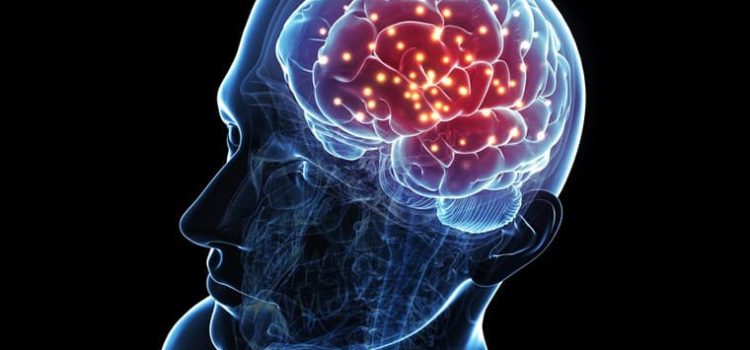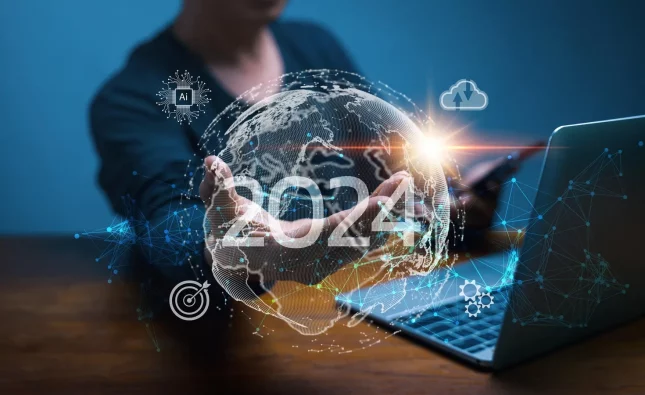
How ChatGPT Is Changing the Game of Self-Diagnosis with AI
Introduction
Hello, I’m Fred, a seasoned blog writer and a tech enthusiast. I’m fascinated by the latest developments in artificial intelligence and how they can improve our lives. In this article, I’m going to introduce you to ChatGPT, a new AI chatbot that is changing the game of self-diagnosis with AI.
What is ChatGPT?
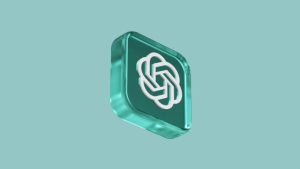
ChatGPT is a user-friendly version of GPT-3, a general-purpose AI model that can generate natural language based on a large collection of unstructured text from the internet. ChatGPT is trained on text across the internet, including medical literature, health websites, and patient forums. It can answer questions in a humanlike style, using its natural language and medical expertise.
Why is ChatGPT useful for self-diagnosis?
Self-diagnosis is the process of identifying a medical condition based on one’s own symptoms and information. Many people resort to self-diagnosis when they have health concerns, either because they don’t have access to a doctor, they want to save time and money, or they are curious about their health status.
However, self-diagnosis can be challenging and risky, especially when using unreliable sources like Dr. Google. Searching for symptoms on the internet can lead to inaccurate results, misinformation, anxiety, and even harm.
ChatGPT offers a better alternative for self-diagnosis, as it can provide more accurate, reliable, and personalized information based on the user’s input. ChatGPT can also assist with self-triage, by giving recommendations on how urgently the user should seek care, such as see a doctor right now, schedule an appointment, or treat at home.
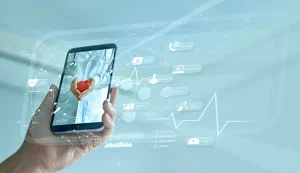
How does ChatGPT work for self-diagnosis?
ChatGPT works as a conversational agent, meaning that the user can interact with it using natural language, as if they were talking to a human doctor. The user can type or speak their symptoms, questions, or concerns, and ChatGPT will respond with relevant information, diagnosis, or advice.
For example, if the user says “I have a sore throat and a fever”, ChatGPT might reply with “You may have a viral infection, such as the common cold or the flu. You should drink plenty of fluids, rest, and take over-the-counter painkillers. If your symptoms get worse or last longer than a week, you should see a doctor.”
ChatGPT uses its large language model to generate responses based on the text it has learned from the internet. It also uses its medical knowledge to provide accurate and evidence-based information. ChatGPT can also adapt to the user’s preferences, such as the level of detail, the tone, and the format of the response.
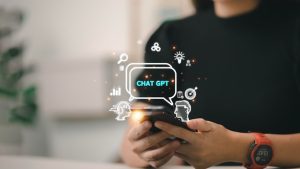
What are the benefits of ChatGPT for self-diagnosis?
ChatGPT has several benefits for self-diagnosis, such as:
- Convenience: ChatGPT is available 24/7, on any device, and in any language. The user can access ChatGPT anytime, anywhere, and without any cost or hassle.
- Accuracy: ChatGPT is more accurate than a Google search, as it can provide specific and relevant information based on the user’s input. ChatGPT can also list the correct diagnosis within the top three options more often than other symptom checkers.
- Engagement: ChatGPT is more engaging than a web page, as it can interact with the user in a natural and friendly way. ChatGPT can also provide feedback, encouragement, and empathy to the user, enhancing their trust and satisfaction.
- Education: ChatGPT is more educational than a simple answer, as it can explain the causes, symptoms, treatments, and prevention of various medical conditions. ChatGPT can also provide links to credible sources for further reading.
What are the limitations of ChatGPT for self-diagnosis?
ChatGPT is not perfect, and it has some limitations for self-diagnosis, such as:
- Uncertainty: ChatGPT is not always certain about its responses, and it may give incorrect or incomplete information. ChatGPT may also have difficulty with rare or complex cases, or with ambiguous or vague input.
- Privacy: ChatGPT is not confidential, and it may store or share the user’s data with third parties. ChatGPT may also expose the user to unwanted ads, spam, or scams.
- Bias: ChatGPT is not neutral, and it may reflect the bias of the text it has learned from the internet. ChatGPT may also favor certain sources, opinions, or outcomes over others.
- Responsibility: ChatGPT is not a doctor, and it cannot replace professional medical advice, diagnosis, or treatment. ChatGPT is only a tool for self-diagnosis, and the user is responsible for their own health decisions and actions.
Conclusion
ChatGPT is a new AI chatbot that is changing the game of self-diagnosis with AI. ChatGPT can provide accurate, reliable, and personalized information based on the user’s symptoms and questions. ChatGPT can also assist with self-triage, by giving recommendations on how urgently the user should seek care.
ChatGPT has many benefits for self-diagnosis, such as convenience, accuracy, engagement, and education. However, ChatGPT also has some limitations, such as uncertainty, privacy, bias, and responsibility. ChatGPT is not a substitute for a human doctor, and the user should always consult a qualified health professional for any serious or urgent health issues.
ChatGPT is a promising technology that can improve the quality and accessibility of health information for millions of people around the world. ChatGPT is also a fascinating example of how artificial intelligence and natural language can transform the field of medicine and health care.








